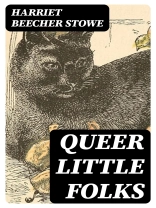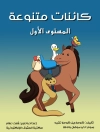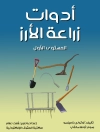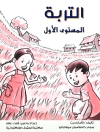Harriet Beecher Stowe’s ‘Queer Little Folks’ is a charming collection of short stories that explore the innocence and curiosity of childhood. Written in a simple and engaging style, Stowe captures the imagination of young readers while also providing moral lessons within each narrative. Set in a post-Civil War America, the book reflects Stowe’s belief in the importance of childhood and the impact of societal values on the innocence of children. Each story is filled with vivid imagery and endearing characters that make this collection a timeless classic in children’s literature. Harriet Beecher Stowe, best known for her groundbreaking novel ‘Uncle Tom’s Cabin’, was a dedicated abolitionist and a fervent supporter of women’s rights. ‘Queer Little Folks’ showcases Stowe’s ability to educate and entertain young readers while also imparting valuable lessons on empathy and understanding. Drawing from her own experiences as a mother and teacher, Stowe’s stories resonate with readers of all ages. I highly recommend ‘Queer Little Folks’ to anyone looking for a heartwarming and thought-provoking collection of children’s stories that carry a deeper message. Stowe’s timeless tales will captivate readers and leave a lasting impression on young minds.
Over de auteur
Harriet Beecher Stowe (1811–1896) was an American author and social activist, best known for her novel ‘Uncle Tom’s Cabin’ (1852), a poignant depiction of African American life under slavery that played a significant role in the antislavery movement. Born in Litchfield, Connecticut, into a family with strong abolitionist beliefs, Stowe was the daughter of the famous preacher Lyman Beecher and sister of clergyman and social reformer Henry Ward Beecher. Her literary journey commenced with the publication of short stories and travel pieces but reached its pinnacle when she harnessed her writing as a force against slavery. Stowe’s commitment to using literature to effect social change was evident throughout her career. ‘Queer Little Folks’ (1867) is another notable work, comprising a collection of charming children’s stories that incorporate moral lessons and reflect on society through anthropomorphized animal characters. Stowe’s literary style is characterized by its strong narrative and vivid characterizations, which translated complex social issues into personal and relatable stories. Her body of work extends beyond the anti-slavery texts, touching upon various genres, but all of her writing endeavors shared the common aim of challenging the prevailing social norms of her time. Stowe’s legacy persists as a testament to the power of literature as an instrument for social change and the advancement of civil rights.












